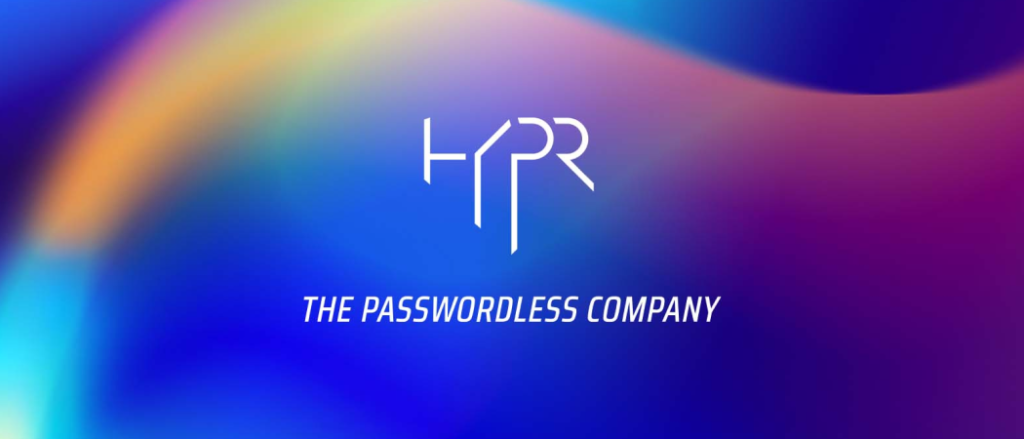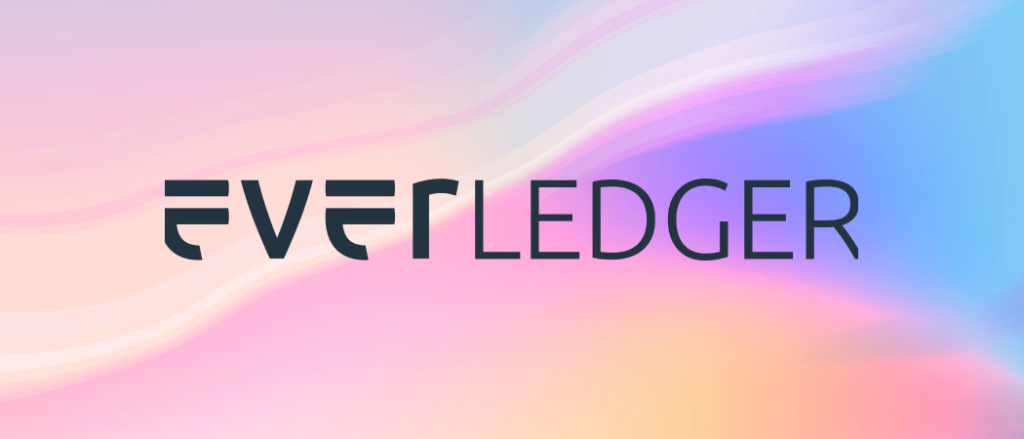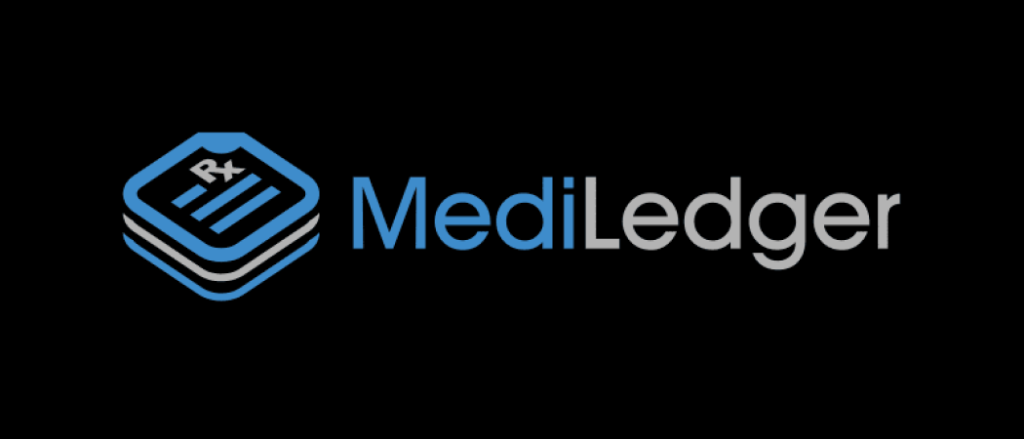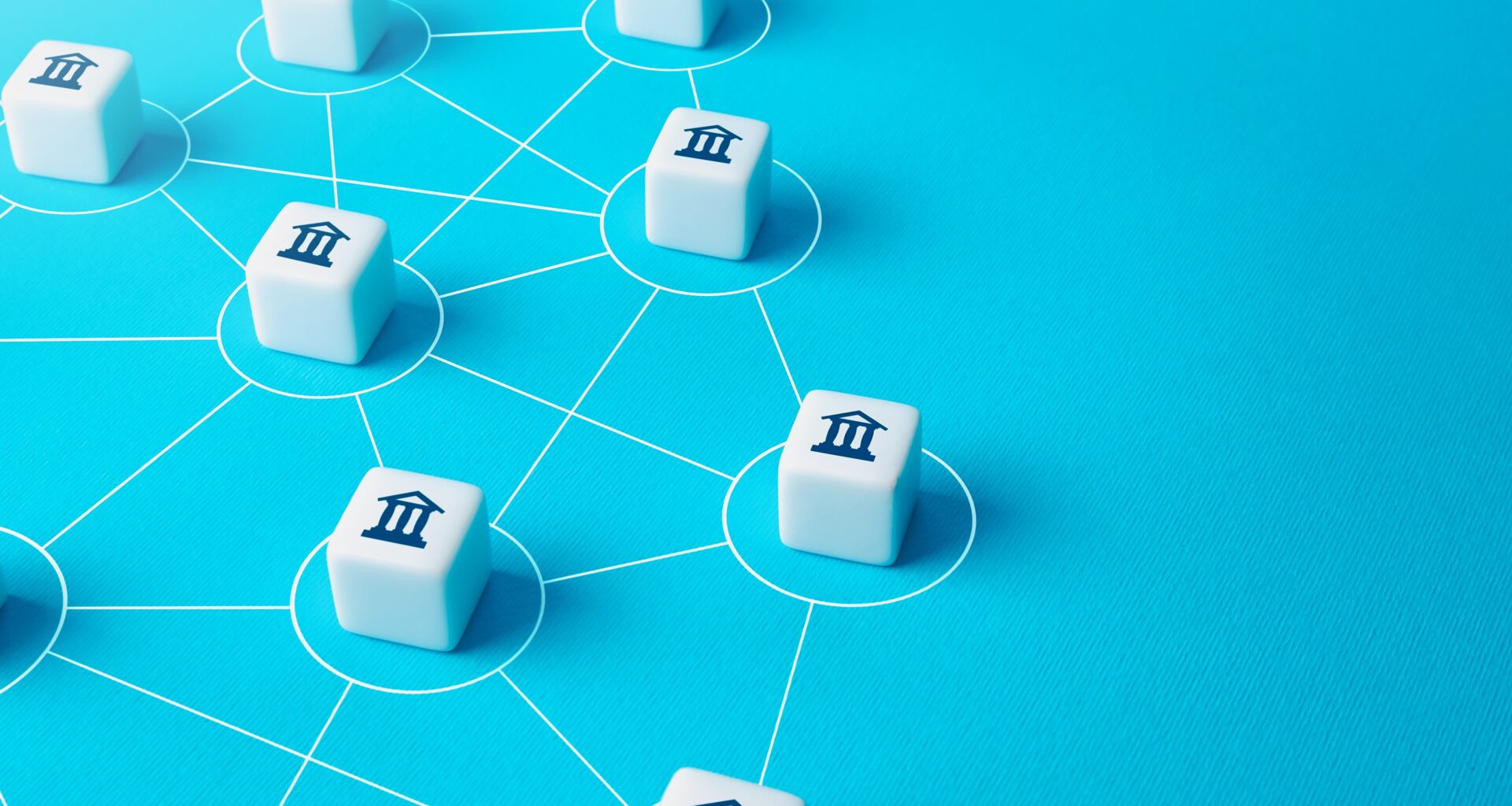For many who don’t engage with this rising technology directly, the words blockchain and cryptocurrency have become a sort of synonym. After all, they are often used interchangeably by mainstream media and financial commentators.
On top of this, there’s the fact that the most common layman’s explanation of what ‘a blockchain’ is tends to be its comparison to a digital accounts book, an online ledger financial ledger designed to be incorruptible and always right.
Between this and cryptocurrency’s staggeringly rapid journey towards mass adoption and normalisation over the past decade, it’s easy to see why the association between the term and the world of money has become such a strong bond in the general public’s minds.
Yet – as many pertaining to the ‘in it for the tech’ army will have pointed out an annoyingly large amount of times – there is so much more out there that a super secure, hyper-accessible online ledger can achieve. After all, accountability and traceability are values whose importance stretches far beyond the realm of commercial transactions.
A World To Be Tracked

Ever since the ICOs boom of 2016-2017, the industry has fuelled a phase of sectoral growth so pronounced it was repeatedly compared to the early 2000s tech bubble. That infamous period of time which crashed the world’s economy for years to come, but saw the birth of modern giants such as Amazon and eBay.
As prices tumbled into a multi-year ‘crypto winter’ in December 2017, many who had approached the crypto industry for a quick buck were turned away from seeing the space as a vehicle for speculative financial plays, and towards a broader understanding of the underlying technology.
It is then no wonder that a plethora of use cases for the concept of ‘digital ledger’ was created, with most of these innovations requiring no token issuance or explosive market cap growth to bear any value to their backers.
As accountability represents the main benefit of blockchain real-world applications, the bulk of these new approaches to the tech remain within the sphere of commerce and finance, though not directly related to currency.
For example, Abu Dhabi’s National Oil Company is using a blockchain supply system to track its oil and gas production, while the diamond giants from De Beers Group are monitoring the mining and movement of high-value gems similarly.
Blockchain can also be employed to track people and their needs, though – not just commercial goods or resources. The UN’s World Food Programme relies heavily on a digital, international and neutral ledger for its modern-day operations. In a more morally disputable scenario, blockchains part of the Polygon network have been used to issue caste certificates to the citizens of the Indian state of Maharashtra.
The automation baked into digital ledgers via smart contracts streamlines and simplifies tracking processes that involve large amounts of raw data and rely on accuracy and trust for a smooth operation while removing the dependency on the fallible human element when it comes to the latter.
In fact, these processes are so transparent that sometimes they are slow to be adopted because of the drastic change in corporate culture needed for such openness about business activity.
In general, these are disruptions of current organisational conventions and hierarchical dynamics that there is strong resistance in certain areas to the digitalisation (and thus, democratisation) these technologies would bring along when introduced.
That said, while it’s not all downhill from here, the utility and value some of these blockchain applications bring to the respective industries is such that there are too many success stories to analyse each and every one of them.
Instead, we have chosen 3 incredible projects that symbolise in full the potential to be unlocked by applying digital ledger solutions outside the crypto realm.
The 2FA Revolution: HYPR

We all know the frustration of not remembering a password. What was once an occasional issue has become an everyday thorn in the side of the digital user, with an increasing portion of our lives taking part online, behind the walled garden of a password-protected secure connection.
Things aren’t getting any easier, though. As the tech advances, so do the malicious actors in the space – and we’ve gone from being able to use our favourite number as a passcode to needing to include 35 digits, 6 numbers, an Egyptian glyph and some unicorn blood.
Not just that: the steep increase in identity theft issues has also led to the introduction of 2FA: a second barrier to ensure ownership of digital products is controlled and policed.
It’s not hard to see why many would want a way out of this brave new world of online security.
HYPR promises to do that by bringing us ‘True Passwordless MFA’ with blockchain applications, delivering ‘300% faster login speeds’ through a ‘single sign-on’.
The product is ideated for smartphone-centric use but can be utilised on a variety of authentication protocols, including Apple’s proprietary Touch ID fitted on most modern MacBooks and Windows Hello. It works both with online security protocols and localised ones, such as a security lock on a laptop.
Offering services to private individuals and businesses of any scale, it’s easy to see why we think HYPR is going places – and allowing you to access them too.
DOP or DOC? No, Everledger

The Italians have got it figured out through their state-controlled quality verification certificates (DOC and DOP being the most famous): origin and quality controls are the keys to commercial success.
As mentioned above, the same principle can be guaranteed via blockchain – and the biggest players in gem mining and oil extraction have already figured that out.
Now, Everledger wants to bring supply chain oversight via blockchain to anyone who’s interested.
Their mission is to build a more transparent and trustless economy, enabling mid-to-small enterprises to achieve the same level of sophistication as giant supply chain conglomerates, at a fraction of the cost.
With several clients in the world of jewellery and green energy, they are well positioned to continue growing and revolutionising the concept of product tracing altogether.
The MediLedger Network: Simplifying Vital Operations

Not every use case of the blockchain needs to be about revolutionising sectors: sometimes simplifying and smoothing existing processes is all that’s needed.
Such is the case of Cronicled’s The MediLedger Network, a system built to automate payments and orders between medical industry suppliers and partners in the Life Sciences field.
Acting almost as a sort of automated market watchdog, the software ensures pitch perfect accuracy in adherence to contractual terms, payment clauses and real-time pricing evolution.
Already adopted by giants such as Bayer and Pfizer, it’s hard to see any competitors on the horizon.
A Decentralised Future

It’s not difficult to see, when reading just through some of these examples, why many believe that decentralisation won’t be limited to the world of cryptocurrency but expand to the rest of tech services.
Ultimately, we are moving towards a world with increased equality and ever-reducing barriers to creative, financial and commercial participation in the global market. It’s hard to see a future where this type of economy will rely on select individuals rather than a collective trustless democratic process.









